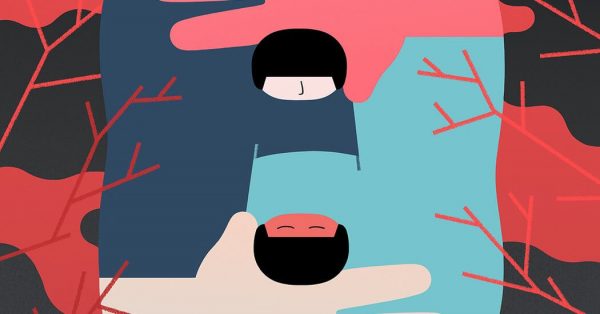
I’ve long found fairy-tale retellings to be empowering, subversive or both. But I’ve never encountered anything quite like THE MERRY SPINSTER: Tales of Everyday Horror (Holt, paper, $17). In it, Daniel Mallory Ortberg twists folk and fairy tales into elegant garrotes evocative of Sylvia Townsend Warner’s “Kingdoms of Elfin” by way of Donald Barthelme and traditional murder ballads.
Throughout “The Merry Spinster,” gender is as slippery a proposition as happiness. No one called “merry” actually is so, any more than a daughter is necessarily referred to as “she.” Girls are named Paul, boys are named Sylvia; love is oppressive, abusive, exploitative and equal-opportunity in its dreadfulness, whether between friends and lovers, parents and children, or children and stuffed animals. The incongruities invite attention, prompt us to question our assumptions about gender with every startling juxtaposition of name and pronoun, and our assumptions about relationships with every pairing where love is vampiric and destructive. Each story makes space for reflection more than it makes claims — and every page flutters with anxiety so thorough I sometimes had to stand up and walk around before resuming my reading.
Perpendicular to its gender play are questions of consent, labor, the warp and weft of gift and debt, all the things we give to and take from one another, especially property and pain. In the title story — a retelling of “Beauty and the Beast” — Beauty encounters the following inscription in the library that’s ostensibly hers:
“The library is yours. “The books are mine. “Your eyes are your own. “What you read is up to me.”

Leave a Reply